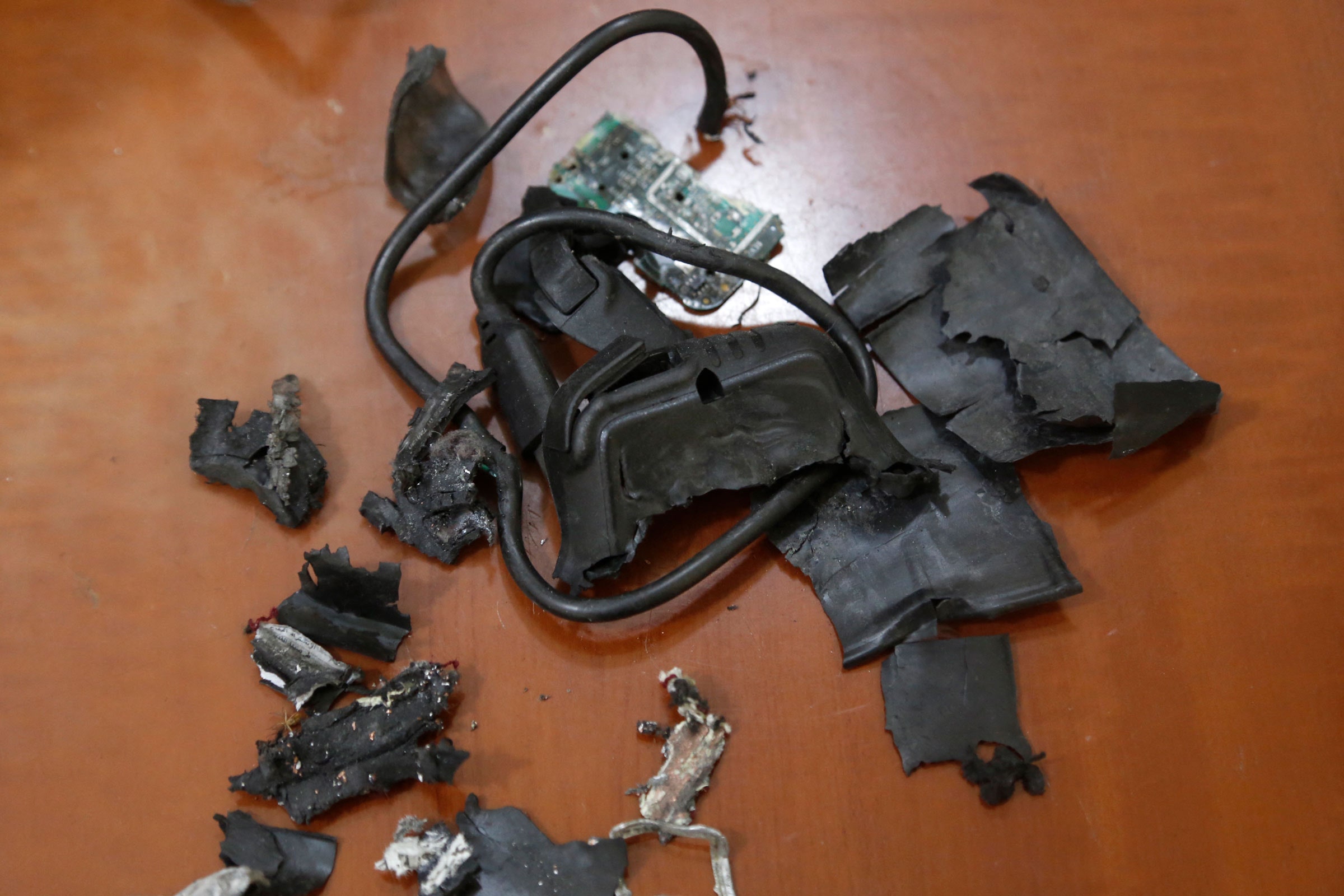Soon After the Deadly Hezbollah Pager Explosions, This AI-Generated Podcast Went Up
In the aftermath of the devastating Hezbollah pager explosions, many were left searching for answers and trying to make sense of the tragic events.
One unexpected source of information that emerged was an AI-generated podcast that delved into the details of the attacks and provided insights into the possible motivations behind them.
The podcast, created by a team of researchers using advanced artificial intelligence technology, quickly gained traction as people turned to it for a deeper understanding of the complex geopolitical situation surrounding the bombings.
Listeners were impressed by the podcast’s ability to synthesize vast amounts of data and provide a comprehensive analysis of the events, shedding light on the key players involved and the potential consequences of the attacks.
Some even speculated that the podcast’s AI-generated hosts had a better grasp of the situation than many human analysts, thanks to their ability to process information at lightning speed and draw connections that might elude human observers.
As the podcast gained popularity, it sparked discussions among experts and laypeople alike, who debated the implications of using AI technology to generate news and analysis in times of crisis.
While some praised the podcast for its ability to deliver timely and insightful information, others raised concerns about the potential biases inherent in AI algorithms and the risks of relying too heavily on machine-generated content.
Despite the controversy, the AI-generated podcast continued to attract listeners and generate buzz, with many eager to see how this new technology would continue to shape the way we consume news and information.
Ultimately, the podcast served as a reminder of the power of artificial intelligence to provide valuable insights and drive meaningful conversations, even in the wake of tragedy and uncertainty.



